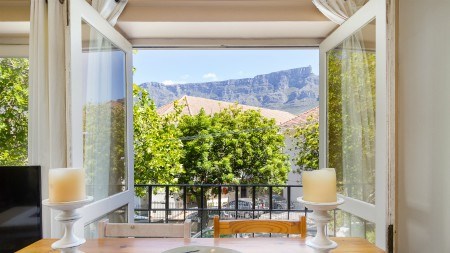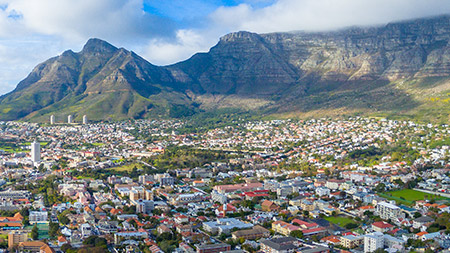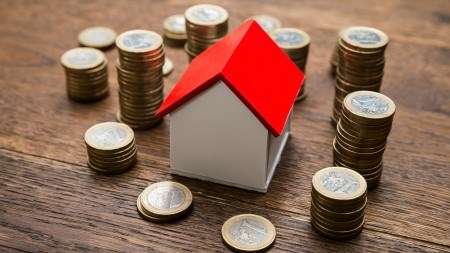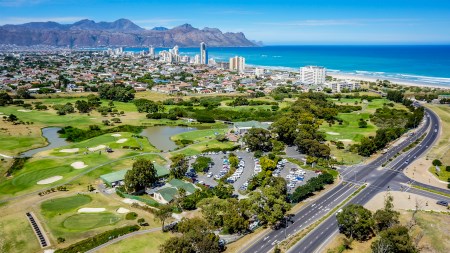The weak economy and political instability has seen house price growth in the City Bowl decline from a high of 23.5% in the second quarter of 2016, to 12% at the end of 2017.
Mikaela Pace, Area Specialist for Lew Geffen Sotheby’s International Realty says: “This is still a very respectable growth rate in anyone’s book, but at almost 50% lower than a record high the previous year, it’s a clear indication of the challenges faced by even the strongest markets.
“With prices in the area having inflated exponentially in recent years while the economy has steadily dwindled, consumer inflation soared and political uncertainty has grown, it’s no surprise that one of the main challenges we currently face is affordability.”
However, because of its numerous key drawcards including a prime location and distinctly suburban feel despite the proximity of the CBD, the City Bowl remained one of the city’s strongest markets.
But Pace says 2018 hasn’t got off to as brisk a start as expected: “Even though we have had more sellers requesting evaluations, actual movement has been slow off the mark which is probably largely due to both sellers and investors waiting for the dust to settle after all the dramatic political events of the past two months.
Yael Geffen, CEO of Lew Geffen Sotheby’s International Realty says that despite the slow start, an analysis of Propstats data indicates that prices have stabilised with the area showing consistent, albeit slower, growth.
“At the end of 2017, the average selling price of an apartment was R3.2 million, 10.72% higher than R2.89m at the close of 2016 and the city bowl apartments sales confirmed to date this year are already realising an average sale price above R3m.
“Only a few house sales have been concluded thus far in 2018, with most being small single storey homes, but a comparison of their sale prices to similar properties sold last year reveal a similar steady growth pattern.”
Cape Town’s fastest selling neighbourhood
Geffen adds that despite the slowing of the market, the City Bowl was Cape Town’s fastest selling neighbourhood last year, according to the FNB Property Barometer, with the average time spent on the market being only 36 days compared to 44 days in 2016. This trend has continued into the new year with apartments the first apartment sold spending an average of 32 days on the market and houses for 63 days. “The most attractive city bowl neighbourhoods currently are Oranjezicht and Tamboerskloof,” says Pace, “And it is also where there is the least available stock as owners realise the value of their homes and hold on to them.”
Pace adds that the affordability challenge and the growing move toward low maintenance and water-efficient properties has spurred the sectional title market in the City Bowl and is also driving the market in the CBD where apartments dominate the property landscape. Most popular in both areas are two bedroom, two bathroom units.
“Last year the only suburb to see a slight dip in sectional title prices was Vredehoek where the average selling price dropped from R2.84m to R2.65, while the highest increase was in Gardens where the average apartment price increased from R2.42m to R3.39m.”
Pace concludes: “Although the year has got off to a slow start, the stabilising of prices, more realistic seller expectations and positive political changes stimulate the market and make it more affordable again for investment buyers. will lead to more buyers being able to afford, therefore more investment buyers coming back into the market.
View more of the neighbourhood here:






